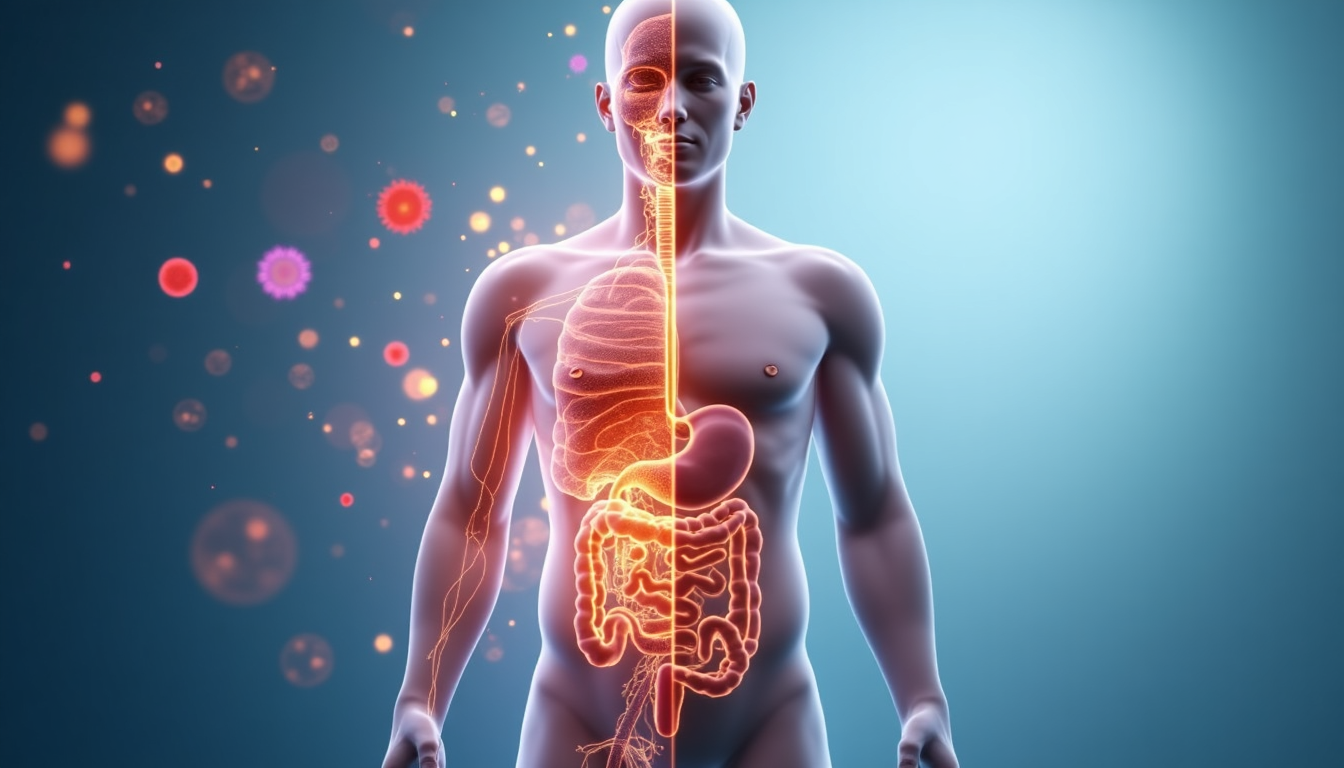
Hormone Imbalances and Sleep: Why Cortisol and Progesterone Matter
Hormone imbalance and sleep is often an overlooked relationship when considering sleep problems. Difficulty falling asleep, waking in the night, or feeling unrefreshed in the
Research carried out by Trinity College Dublin has found that meals-on-wheels dinners are lacking in vital nutrients such as vitamin C, vitamn D and calcium. As a result, the report stated that over a third of reciepients were malnourished or at risk of nutrient deficiency.
The average meal contributed only 25% of the daily requirement of vitamin C and folate (vitamin B9), 21% of clacium and 12% of vitamin D. Each meal chould contain 33% of each. The researchers point out that recipients of the service can’t shop because of limited mobility and may not be able to cook. They suggest that the validity of the service must be questionned if meals don’t have adequate nutrition.
Unlike in America, minimum nutritional requirements for meals-on-wheels are not set, leaving service providers to set their own nutritional standards. As a result, the researchers found wide disparity in the quality of service between different agencies. Many services are run on a voluntary basis and may be overstretched.
The Health Service Executive subsidises every meal, but at different levels throughout the country. Ciara O’Dwyer, one of the Trinity Researchers, suggests that funding should be more uniform to avoid variation around the country, and that more government support should be offered to train providers to meet the nutritional requrements of older people.
The elderly, in particular, need a nutrient dense diet. The requirement for energy decreases with age, so people may meet energy needs without fulfilling nutrient requirements. Bone building nutrients such as vitamin C, calcium, vitamin D, B vitamins, vitamin K, magnesium and manganese are vital to reduce the risk of bone fractures and osteoporosis, which increases with age as bone density decreases. Fruit, dark green leafy vegetables, wholegrains, nuts and seeds will provide these important nutrients.
Immune function also decreases with age, and our cells are more vulnerable to damage from free radicals. The elderly should increase their intake of vitamins A, C and E and minerals zinc and selenium. Digestion and absorption may also be less efficient, meaning that older people need to be particularly vigilant about taking in extra nutrients. Minerals such as iron may be particularly difficult to absorb, leading to an increased risk of anaemia; this is exacerbated when older people drink a lot of tea.
A plant based diet, rich in a variety of multi coloured fruit and vegetables (particularly dark green leafies) and supplemented with lean red meat, poultry, oily fish and dairy products will allow people to meet their nutritional requirements in older age and maintain energy, brain function and bone health.
For more information on bone health, Click Here.
For more information on an osteoporosis risk test Click Here.

Hormone imbalance and sleep is often an overlooked relationship when considering sleep problems. Difficulty falling asleep, waking in the night, or feeling unrefreshed in the

‘Detox’ has become one of the most misunderstood concepts in modern wellness. For many people, it brings to mind juice cleanses, restrictive diets or short-term resets promising quick results. Yet the body’s true detoxification systems are far more complex — and far more intelligent — than any cleanse.

Anxiety and gut health are closely linked through the gut–brain axis. Research suggests the gut microbiome, neurotransmitters and genetics may influence stress responses and emotional well-being. Exploring gut microbiome and nervous system insights can help build a more personalised understanding of anxiety.

Strange symptoms can puzzle anyone. Your body might show signs ranging from headaches and skin rashes to digestive problems and anxiety. Doctors sometimes struggle to explain these mysterious health issues that affect millions of people worldwide.
Please do not return samples to the laboratories that may arrive after Wednesday 27th March and up to and including Monday 2nd April.
The laboratories are closed from the 28th March – 2nd April for the Easter Holiday.